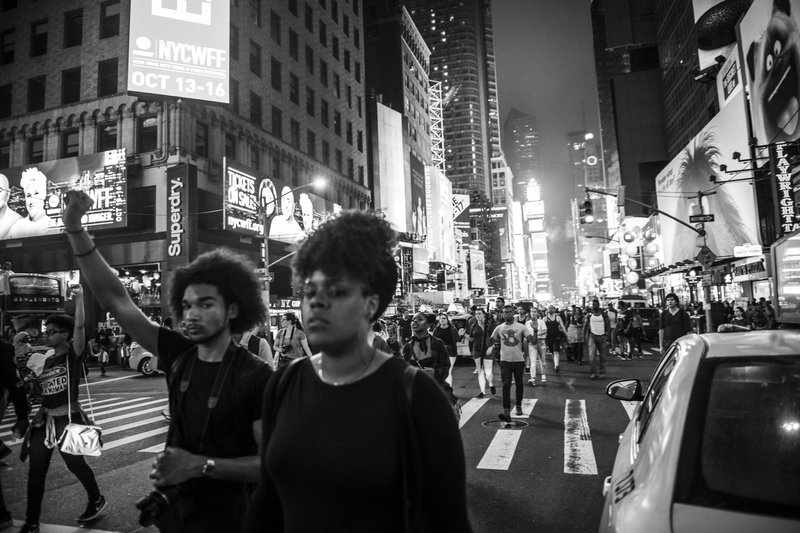
DAVID BERMAN
June 2, 2020
Massive protests in the United States on the weekend followed the biggest spike in unemployment since the Great Depression as a simmering dispute between the U.S. and China threatens to escalate. Yet, most major stock markets notched gains on Monday.
What are investors thinking?

The question has arisen several times over the past two months, ever since the S&P 500 began an impressive recovery in late March after a sharp six-week sell-off.
But as stocks continue to ignore an increasingly grim backdrop, questions about the rally are gaining urgency.
“It is surprising that the market has gone up that much,” Stephen Takacsy, chief executive at Lester Asset Management, said in an interview.
After Monday’s gains, the S&P 500 is down slightly less than 10 per cent from its record high on Feb. 19, using intraday levels. That is not even a modest correction.
What’s more, the index has surged nearly 40 per cent from its low on March 23 and is now back to where it was in October. It closed on Monday at 3,055.73, up 0.4 per cent.
Other major indexes follow a similar pattern. Canada’s S&P/TSX Composite Index is just 15.2 per cent below its high on Feb. 20, and it has gained more than 36 per cent since March 23.
Over this period, investors have had to get over the fact that the U.S. economy shed 20.5 million jobs in April. As well, first-quarter corporate profits fell 12.6 per cent year-over-year, according to Refinitiv. And more than a third of companies in the S&P 500 have withdrawn earnings guidance for this year, according to FactSet, because of continuing uncertainties related to COVID-19.
Add widespread unrest in the U.S. related to the death of George Floyd, a flare-up in tensions between the U.S. and China and doubts about the economic recovery, and it hardly looks like a promising environment to buy stocks – and not just U.S. stocks, but any company with economic exposure.
David Rosenberg, chief economist and strategist at Rosenberg Research and Associates, said that the modified New York Fed-based recession model, which is based on Treasury bond spreads, suggests that there is a 44-per-cent chance that the U.S. economy will fall back into another recession within the next 12 months.
“In other words, the risk of an economic relapse is greater than the chance of a V-shaped recovery,” Mr. Rosenberg said in a note.
But some observers point out that the stock market has several factors working in its favour, which may be overriding a lot of the awful headlines relating to employment, profits and civic unrest.
Monetary policy help from the U.S. Federal Reserve, including ultralow interest rates and bond-buying, tops the list.
“In today’s world where the central banks have told you that the stock market sits at the top of their list of responsibilities, investors get a free pass,” Mr. Rosenberg said.
David Kostin, chief U.S. equity strategist at Goldman Sachs, added that pandemic-related U.S. government stimulus is also driving stocks, along with progress in bending the COVID-19 infection rate in the United States, which should allow the economy to reopen.
“From a fundamental perspective, we believe the current index level implies expectations of an achievable but optimistic path of normalization,” Mr. Kostin said in a note.
More institutional interest in stocks could drive the S&P 500 up another 5 per cent in the near term, Mr. Kostin said. On the other hand, he said that setbacks related to reopening the U.S. economy could trigger a 10-per-cent sell-off.
But the protests that have engulfed several major U.S. cities over the past six days and the war of words between U.S. President Donald Trump and Chinese President Xi Jinping do not look like a threat to market stability – so far, at least.
“We’ve seen the tension with China for years now, and we’ve seen riots before,” Mr. Takacsy said. “I don’t think they are judged that harshly by the market because they don’t necessarily have a very big impact on corporate profits.”
He expects that the stock market will trend sideways in a sort of holding pattern through the summer, when companies report their second-quarter results – and, potentially, offer some guidance for the rest of the year.
But any stability would mark a big shift for a market that has been dealing with plenty of surprises.
This Globe and Mail article was legally licensed by AdvisorStream.
© Copyright 2024 The Globe and Mail Inc. All rights reserved.


